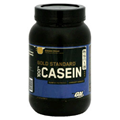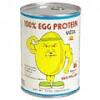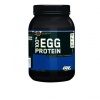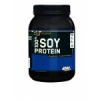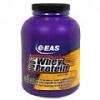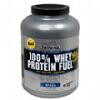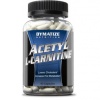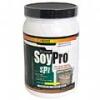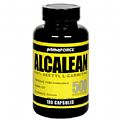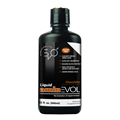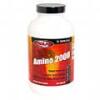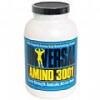- A problem that many elderly people battle is bone loss. For years nutritionists have told people that too much protein intake for the elderly is harmful when in fact it is useful in fracture prevention
- Recent studies have caused many experts to refute the claim that high protein diets cause bone loss. In fact many are taking the debate a step further as data is now coming out that high protein diets increase bone health
- The studies where these claims came from originated in the 1960’s and 70’s. The research study compared bone density of only 25 vegetarians and 25 meat eaters with bone density being determined by x-rays of the third finger metacarpal. The studies were flawed and small but the protein and bone loss stigma still remains
Protein is often associated with large sweaty guys down at the gym lifting tons of weight. While protein is beneficial to those who want to build lean muscle mass it is also a critical component in preventing bone loss in the elderly. The Census Bureau estimates that one in six individuals will be age 65 or older by the year 2020. As people age muscle loss and bone fragility become a concern. The body begins to lose muscle and bones can become weak if not properly monitored. Increased protein intake has become and effective fracture prevention method for the elderly which results in decreased medical expenditures and better overall health and vitality.
Several epidemiological studies have shown that above average protein intake favorably affects the health of bones, especially in women. In a three-year study of 30,000 postmenopausal women who participated in the Iowa Women’s Health Study, higher protein intake, particularly animal protein, was associated with a 70% reduction in hip fractures. In another bone mineral density study carried out over four years higher protein intake was a major contributor in the participants increased bone mineral density, specifically bone mineral density of the entire body, hands and hips.
Other protein intervention studies have shown there is an even greater protein benefit when calcium and vitamin D supplementation is added. In a six month study of elderly adults with hip fractures and low protein diets participants were given calcium, vitamin D a protein supplement or a placebo. Patients given the protein supplement had less bone loss, more muscle strength and had a shorter rehabilitation time.
As beneficial as higher levels of protein intake for the elderly are studies are showing that protein deficiency in the aged is very harmful. Adults with low levels of protein intake showed low bone mineral density, high rates of bone loss and an increased risk of hip fracture.
So is there a specific type of protein that is more effective at promoting healthy bones? Although more research needs to be done preliminary research shows that animal protein sources such as chicken, meat and dairy do more to promote healthy bones. With further research showing the positive role protein has on bone health the conventional wisdom that protein is bad for the bones will surely fade away. Until then it is recommended that elderly individuals consume at least 0.8 grams of lean protein sources per 2.2 pounds of body weight to maintain healthy bones.
Tags: bone health, fracture prevention, protein intake for the elderly











